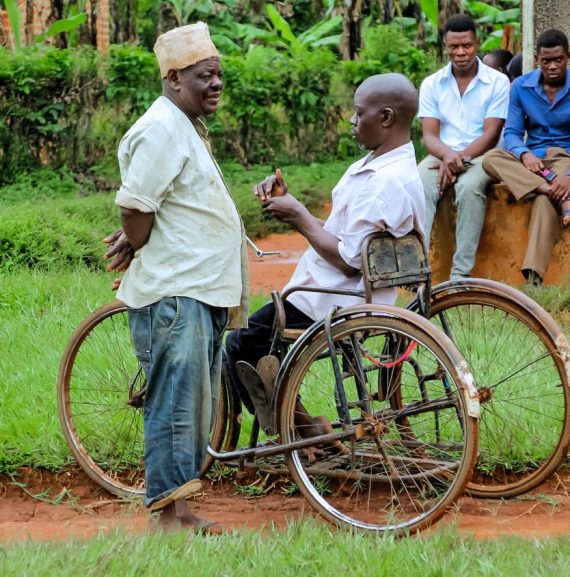Service Details

Inter Religious Dialogue
The world has become pluralistic, and monocultures are giving way to multi-cultures. And with multicultural also comes multireligious Without peace and justice between religious communities, there can be no meaningful peace in the world. The future of the world depends on peace between interfaith beliefs “ “We believe in the […]The world has become pluralistic, and monocultures are giving way to multi-cultures. And with multicultural also comes multireligious Without peace and justice between religious communities, there can be no meaningful peace in the world. The future of the world depends on peace between interfaith beliefs “
“We believe in the same God, the one God, the Living God who created the world… In a world that desires unity and peace, but experiences a thousand tensions and conflicts, should not believers favor friendship between the men and the people who form one single community on earth? …
Interfaith Dialogue is today more urgent than ever. It flows from fidelity to God. Sometimes, in the past, we have opposed and even exhausted each other in polemics and in wars … We believe that today God invites us to change old practices. We must respect each other and we must stimulate each other in good works on the path to righteousness. “
Pope John Paul II, 1985. From a speech delivered to over 80,000 Muslims in Casablanca.
These statements highlight the urgent need for Muslims and religions to address the polarization that is growing between them. This has been fueled by wars, persecution, injustices, and by individuals and groups stirring up religious divisions to achieve political or material gain. Interfaith dialogue is needed now more than ever before to address the issues causing this growing division. Muslims and Christians make up over 50% of the world’s population, making dialogue and cooperation imperative.
Interreligious dialogue also referred to as interfaith dialogue, is about people of different faiths coming to a mutual understanding and respect that allows them to live and cooperate despite their differences. The term refers to cooperative and positive interaction between people of different religious traditions, (i.e. “faiths”) at both the individual and institutional levels Each party remains true to its own beliefs while respecting the right of the other to practice their faith freely.
Interfaith dialogue is not just words or talk. It includes human interaction and relationships. It can take place between individuals and communities on many levels. For example, between neighbors, in schools, and our places of work – it can take place in both formal and informal settings inter-religious Dialogue seeks to:
➢ Increase mutual understanding and good relations.
➢ Identify causes of tension in Christian-Muslim relations. These are often economic, social,
or political rather than religious.
➢ Build understanding and confidence to overcome or prevent tensions.
➢ Break down the barriers and stereotypes which lead to distrust, suspicion, and bigotry. Interfaith Dialogue is not:
➢ About talking away or brushing aside differences. It does not aim at coming to a common belief.
➢ A way of converting the other. In dialogue, each party remains true to its faith.
➢ A space for arguing, attacking, or disproving the beliefs of the other. It is about increasing Mutual.
